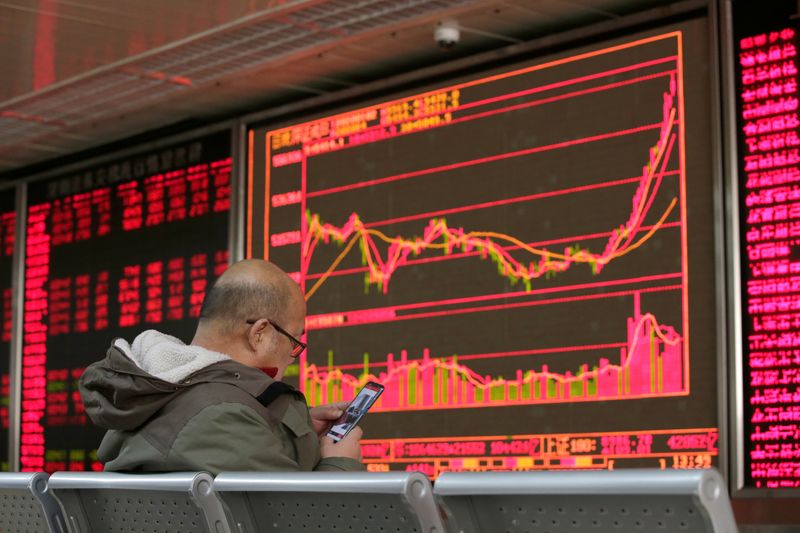Returns from emerging markets likely to turn negative in 2025 - UBS
Returns from emerging markets are likely to turn negative in 2025 due to slowing global growth, the risk of trade tariffs and the prospect of a stronger U.S. dollar from a Trump presidency, UBS said in a note.
UBS expects earnings growth from emerging economies to be "highly dependent on the tech sector delivering on high expectations."
The brokerage downgraded ratings for Taiwan and Singapore to Underweight. For Taiwan, UBS said that local stock valuations had risen substantially on exposure to the artificial intelligence play, and could be prone to some pullback.
However, analysts wrote that they might be a bit early on the Taiwan downgrade, and would watch for catalysts such as the signs of US policy shifts on tariffs.
They downgraded Singapore’s rating, stating that the country’s current rich valuations did not factor in risks to the economy and local banks from potential tariff wars and peaking policy rate cycle
U.S. President-elect Donald Trump has vowed to slap new and potentially hefty tariffs on goods from a slew of countries, chiefly China and Mexico, while his vice-presidential candidate, JD Vance, had proposed a 10% tax on remittances. Any trade action against China is likely to elicit retaliatory tariffs, sparking a renewed trade war and heralding more headwinds for the global economy.
Trump’s policies are expected to be inflationary, likely resulting in higher-for-longer interest rates in the U.S. This would lead to a stronger dollar, and higher bond yields, and create pressure on emerging markets.
UBS remains positive on China, saying that fundamentals of companies in the MSCI China index remain intact, with stocks supported by dividends and buybacks, while they maintain a “cautious” stance on India on ordinary fundamental performance by Indian stocks despite expensive valuations.
“We prefer markets with higher earnings sensitivity to improving domestic economics, while relatively immune to expected slowdown in the US and China,” UBS wrote.
UBS prefers markets with relatively low exposure to U.S. exports, and thinks EM companies that directly compete with U.S. companies could face stiffer competition as a result of U.S. corporate tax cuts under Trump.
Source: Investing.com
